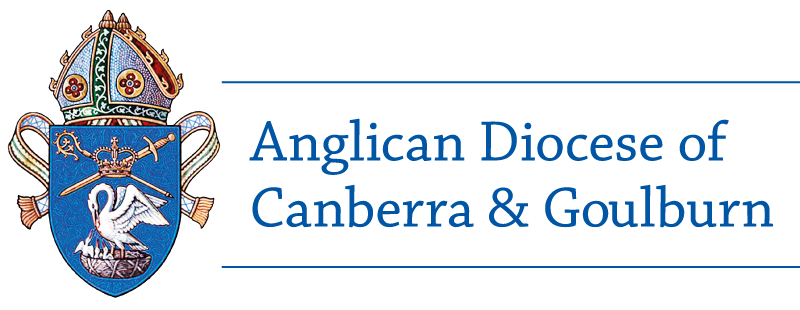One of the gifts of the Christian faith is that we are able to recognize tragedy for what it is and what it isn’t.
As I look back on my formative experiences as a young Christian what I remember most are not the examples of believers who handled success well, but those who responded to tragedy with grace. I think of the pastoral couple who grieved the loss of their daughter without pretence or withdrawal. I give thanks for saints who modelled for me how to live with physical frailty or disappointment in relationships. I remember believers who approached untimely death with realism yet without despair.
There are two aspects of the Christian vision that equip us to meet tragedy with grace and hope. First, there is the awareness that we live in a fallen world. The pervasive effect of sin is such that it’s not always possible to neatly parcel out blame in any given situation. Sometimes tragedy just is. Second, there is the promise that tragedy, although real, is not final. One day this world and all creation will be made new. Indeed tragedy may sometimes be the birth-pains of something better than we can imagine (see Romans 8:18-24).
The clearest image of tragedy that is real but not final is of course the cross. Here we see the despair and darkness of the greatest tragedy the world has known. Here we also see the depth of God’s love as new life bursts forth in glory.
I’ve been reflecting on these themes in light of the news that one of the most likely candidates for a COVID-19 vaccine has been developed using a cell line from a foetus that was aborted (or possibly miscarried) in the early 1970’s. The Anglican Church has always valued human life in all its forms and stages. Every loss of an unborn child, regardless of the circumstances, is a reminder that we live in a fallen world. It is good to acknowledge the tragedy, even as we hesitate to allocate blame. Yet even here, there is the hope that God’s work is not finished and new life might break forth when we least expect it.
And what of vaccines? I agree with the guidance issued in 2017 by the Pontifical Academy of Life that using a vaccine developed in this way does not signify some sort of cooperation with voluntary abortion. Were it to be the best or only vaccine I would gladly receive it as an expression of neighbour love for those members of the community who are more vulnerable to infection than I think I am. Afterwards, as I felt the sting in my arm I might make the sign of the cross, as a reminder of the tragedies that have been and in hope for the glories that shall be.

